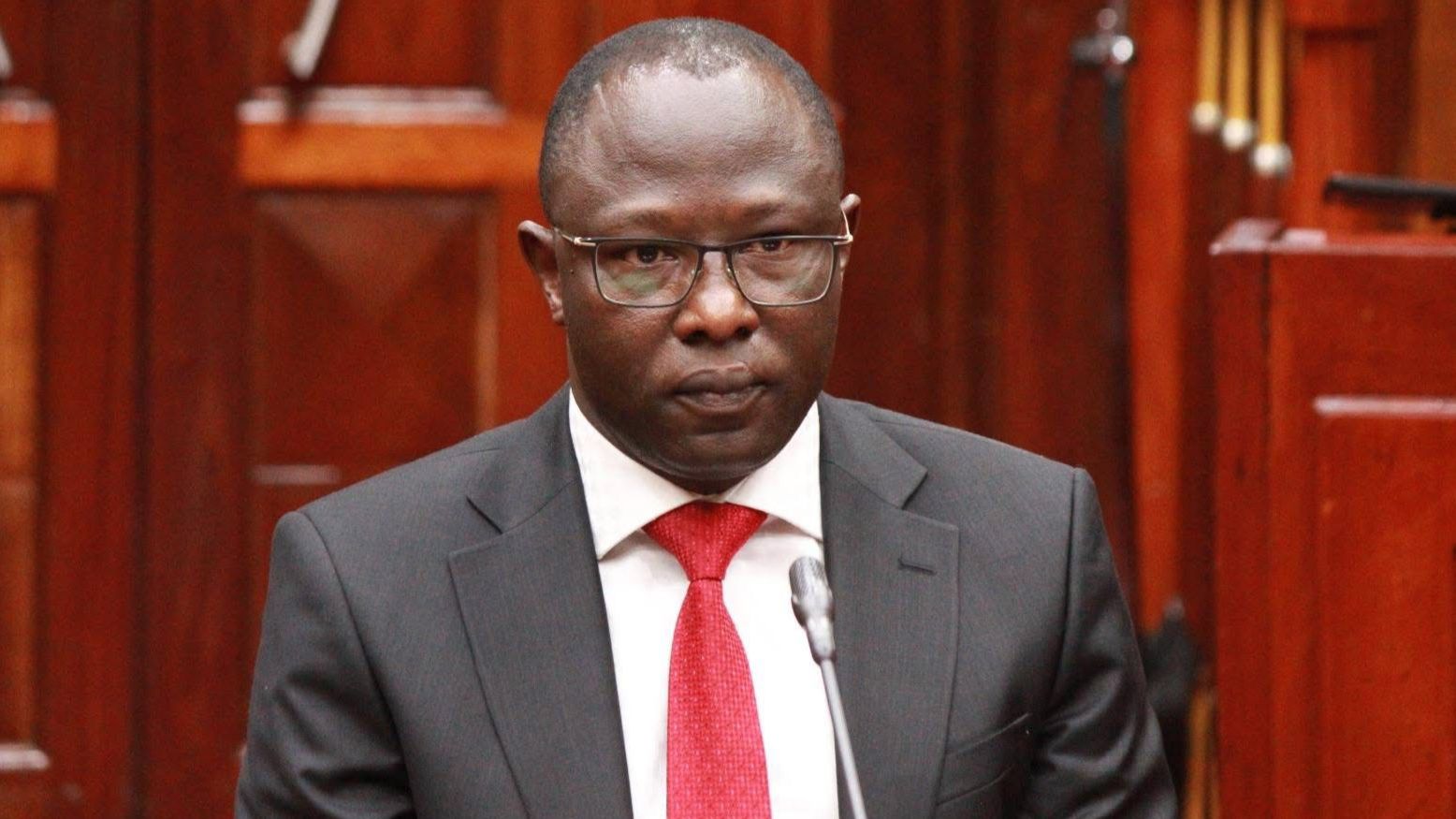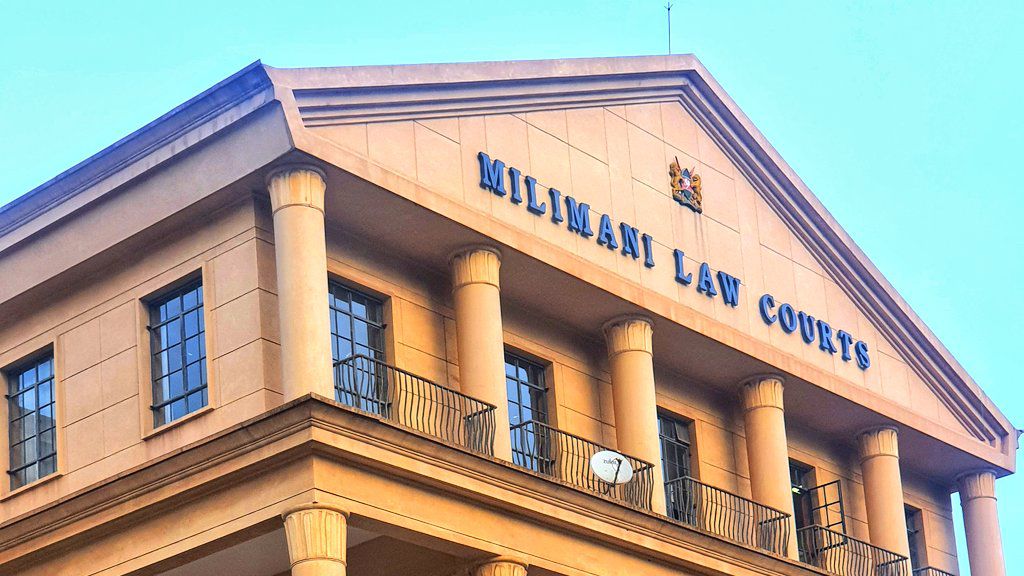The High Court has upheld the appointment of the chairperson and commissioners of the Independent Electoral and Boundaries Commission (IEBC) but nullified the gazette notice issued by President William Ruto to formalise their appointments.
In a ruling delivered on Thursday, July 10, the court dismissed a petition seeking to invalidate the appointments, finding that the recruitment process complied with constitutional and legal requirements.
However, the court held that the gazette notice published by the president was unlawful as it contravened an existing conservatory order.
As such, the court’s decision means that while the appointments remain valid, they cannot take legal effect until the formalisation process is conducted in accordance with the law.
The president has been directed to issue a fresh gazette notice to regularise the appointments.
Read More
Once the gazette notice is properly published, the chairperson and commissioners will take the oath of office.

On May 14, activists Kelvin Roy Omondi and Boniface Mwangi filed a petition in the High Court challenging Ruto’s IEBC nominations over the legality and criteria used in selecting the nominees.
Represented by senior counsel Paul Muite, the petitioners argue that the nomination process was marred by irregularities, including lack of transparency, failure to adhere to merit-based appointment principles, and disregard for regional, ethnic, and disability inclusion requirements.
They also spotlight the controversial inclusion of Hassan Noor Hassan, who they allege was not on the selection panel’s original shortlist.
“The nominations do not meet the requirements of Articles 10, 27(1), 232, and 250(3) & (4) of the Constitution of Kenya, 2010, which call for regional balance, ethnic inclusivity, and the inclusion of persons with disabilities," the petition read in part.
High Court Judge Justice Lawrence Mugambi issued a conservatory order on May 19, suspending both the vetting and gazettement of the nominees pending a hearing on the constitutional issues raised.
He noted that the petition touches fundamental questions about popular sovereignty and the seriousness of the allegations warranted judicial scrutiny.
Despite Parliament commencing vetting, the court reaffirmed that no formal appointment, swearing-in or gazettement should proceed until the legal challenge is resolved.


-1756636141.jpg)
-1756632039.jpg)
-1756627583.jpg)
-1756623111.jpg)
-1747120598-1755667473.jpg)